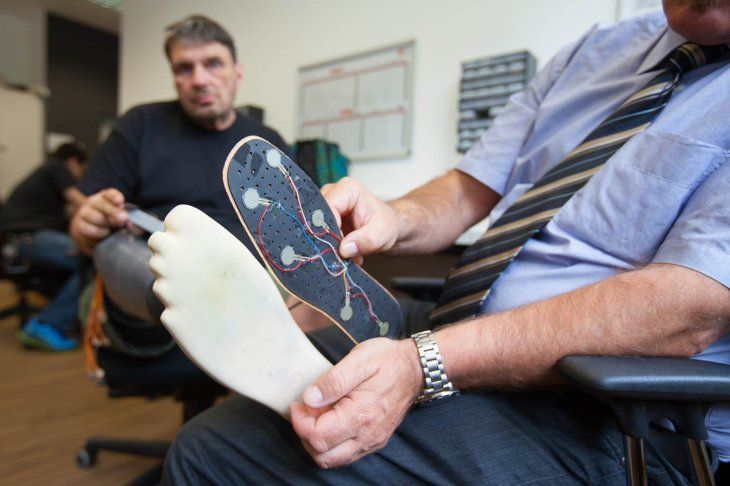Jul 4, 2015
Ulterior States [IamSatoshi Documentary]
Posted by Matthew Holt in categories: bitcoin, futurism
I personally think that decentralised peer to peer cryptocurrencies like Bitcoin have a very bright long term future. The linked documentary is well worth fifty minutes of your time in my honest opinion. As the film helps to show why cryptocurrencies are such a game changing paradigm shift and are actually vitally needed.

















